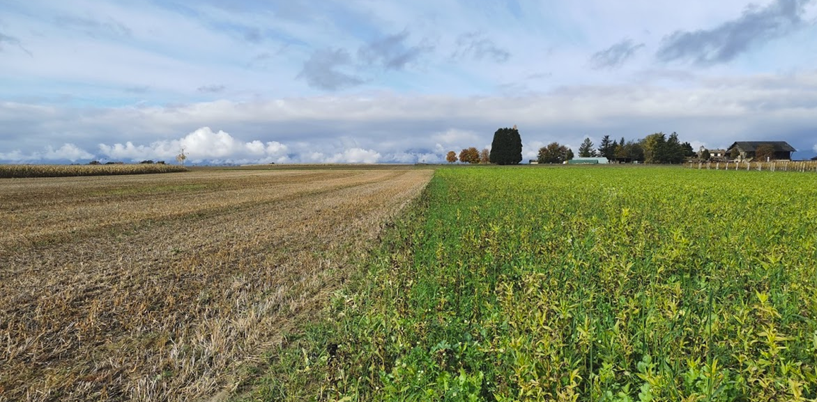Impact of agricultural practices on soil quality in western Switzerland
Soil quality on arable land has deteriorated considerably worldwide over the last half-century, including in Switzerland. Reversing this trend has become a priority for long-term food security and environmental issues. This thesis proposes a new strategy for studying the impact of farming practices on soil quality, which consists in investigating the relationship between detailed cropping history and soil properties on farms conditions.
The study was carried out on some sixty plots in the Swiss Plateau and Jura. It focuses mainly on soil organic matter (SOM) and soil hydro-structural properties, two of the most relevant indicators of soil quality. This thesis is divided into three chapters:
- The first, rather methodological, focuses on the feasibility of obtaining soil structure measurements at plot scale (so far difficult to obtain beyond sample scale).
- The second, which is more mechanistic, aims to deepen our understanding of the relationship between structure quality and SOM quality.
- The third seeks to establish and understand the relationship between farming practices and soil quality.
The present project should help to establish reference values for soil quality and identify agricultural practices that are beneficial or deleterious to soil regeneration. As such, this thesis should provide a further step towards better management of soil quality in Swiss farmland and contribute to more sustainable food systems.
